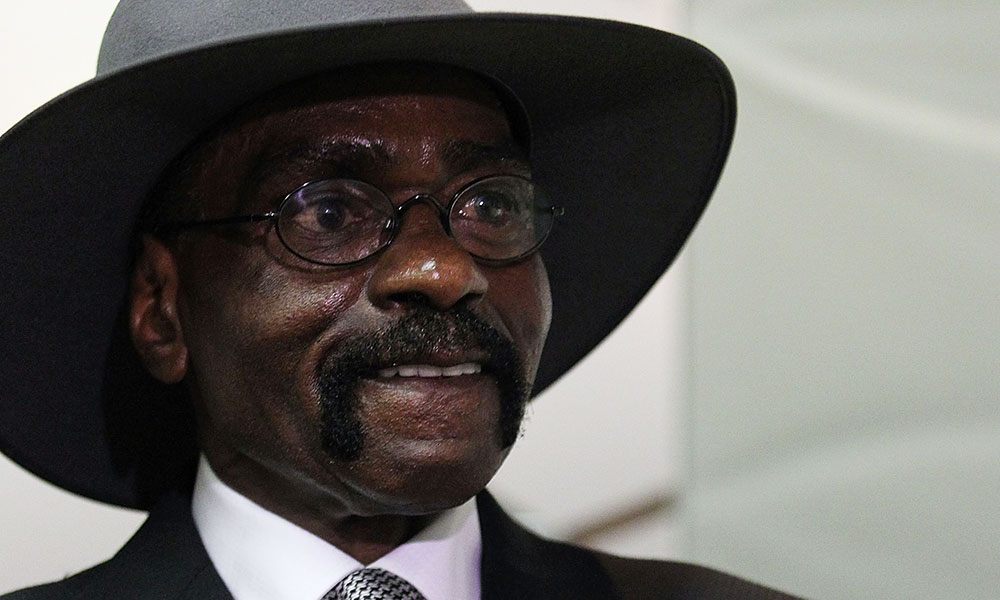
Rubin “Hurricane” Carter’s Path to Association Leadership
The former boxer, who died Sunday, spent nearly two decades behind bars for a crime he did not commit. But he spent nearly the next three working with a variety of nonprofits in support of others he believed to be wrongly convicted.
Boxer. Prisoner. Cause célèbre. Bob Dylan song inspiration. Free man. Film subject. Executive director.
Rubin Carter’s life matched his nickname—it very much was a hurricane, and after the storm ended, Carter took the lessons he learned and turned them into a body of work that, in its own way, was as influential as his boxing career.
In my own years on this planet … I lived in hell for the first 49 years, and have been in heaven for the past 28 years.
“If I find a heaven after this life, I’ll be quite surprised,” Carter wrote in the New York Daily News in February. “In my own years on this planet, though, I lived in hell for the first 49 years, and have been in heaven for the past 28 years.”
An Executive is Born
Aside from his boxing career, Carter is best known for his fight to overturn two murder convictions for the same crime. In 1985, after he served a total of 19 years in prison, he was exonerated and freed. Carter moved to Toronto and began a second career in the nonprofit realm, helping to found the Association in Defence of the Wrongly Convicted (AIDWYC). He served as executive director for more than a decade.
“Rubin will be remembered by those at AIDWYC who were fortunate enough to have worked with him as a truly courageous man who fought tirelessly to free others who had suffered the same fate as he,” the association wrote in a statement released Sunday. “We are honoured that Rubin played a significant role in the history of our organization.”
Carter’s affiliation with the Canadian group reflects his own history with the country: Lesra Martin, a Toronto resident, played a key role in his release from prison, moving to the U.S. in 1980 and helping to expose weaknesses in the case against him.
After leaving the association in 2004, Carter launched Innocence International, a nonprofit that collaborated with AIDWYC with the goal of assisting other similar groups, such as the New York City-based Innocence Project.
In recent years, Carter used his leadership role to draw attention to a number of cases, including those of Vancouver residents Atif Rafay and Sebastian Burns. (Rafay and Burns were convicted in 2004 of a crime in Washington state. They lost a final appeal last year.)
A Fighter to the End
Even as he dealt with terminal cancer, Carter continued his advocacy work. In the weeks before his death, he drew attention to the plight of a Brooklyn man, David McCallum, whom Innocence International has been representing since 2004.
McCallum, arrested in 1985, is the subject of a new documentary, David & Me, which features Carter—and in some ways parallels the boxer’s own experiences. In the Daily News article he wrote in February, Carter called McCallum’s freedom his “dying wish” and requested that Brooklyn District Attorney Ken Thompson give the case a full hearing.
“McCallum was incarcerated two weeks after I was released, reborn into the miracle of this world,” Carter wrote. “Now I’m looking death straight in the eye; he’s got me on the ropes, but I won’t back down.”
Former boxer Rubin "Hurricane" Carter, shown in 2010. (Photo by Paul Kane/Getty Images/Thinkstock)






Comments